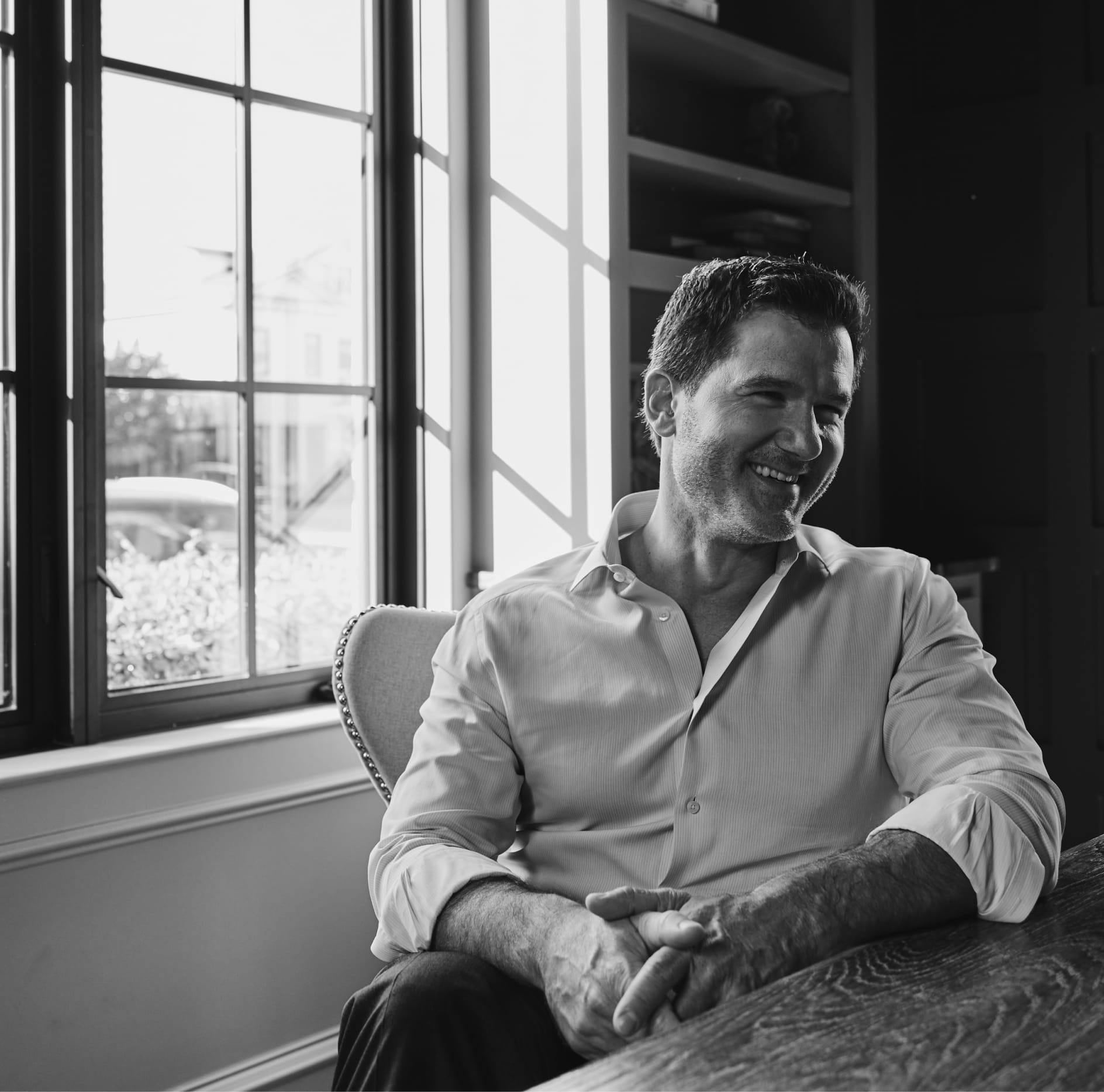We're here to stand by your side and represent you through some of life's greatest challenges. Call us today to talk to a lawyer.
What We Love About Sugar Land
In the bottomlands of the Brazos River and Oyster Creek watersheds is the city of Sugar Land. This now-bustling city once began as an area occupied by the Native Karankawa and Tonkawa tribes, who used the bodies of water for food and fishing. By the early 1800s, farming and ranching by European settlers and immigrants took over the land. Sugar Land is aptly named, as the rich soil between the river and creek was ideal for farming. It wasn’t long before cotton, corn, and, of course, sugar cane flourished. In 1821, Stephen F. Austin, known as the “Father of Texas,” brought a group of settlers known as the Old Three Hundred to a territory in Texas. It was with him that people received land grants in Sugar Land, to be used for ranching and farming. In 1843, a commercial sugar mill was built on the bank of Oyster Creek by the Williams brothers, solidifying sugarcane as a more prominent commercial export.
By 1906, the Imperial Sugar Company was formed, and railways grew as a means to distribute the sugar. Despite the agricultural growth, Sugar Land was relatively isolated at the time, which prompted owners of the Imperial Sugar Company to attract families through housing, medical care, schools, retail, and more. Soon, Sugar Land began to grow into what we know it as today. In 1959, the people of Sugar Land voted to officially incorporate the city. The 1970s were filled with the creation of master planned communities. Today, this city is known as home to over 80,000 people and many businesses from industries including software, product firms, and international energy. Sugar Land is also known to be home of the Sugar Land Skeeters, a minor league baseball team, and Sugar Land Imperials, an ice hockey team. Sugar Land’s rich history and dedication to community is what makes Davis Law Group so honored to serve the residents here, supporting them through some of life’s greatest challenges.





